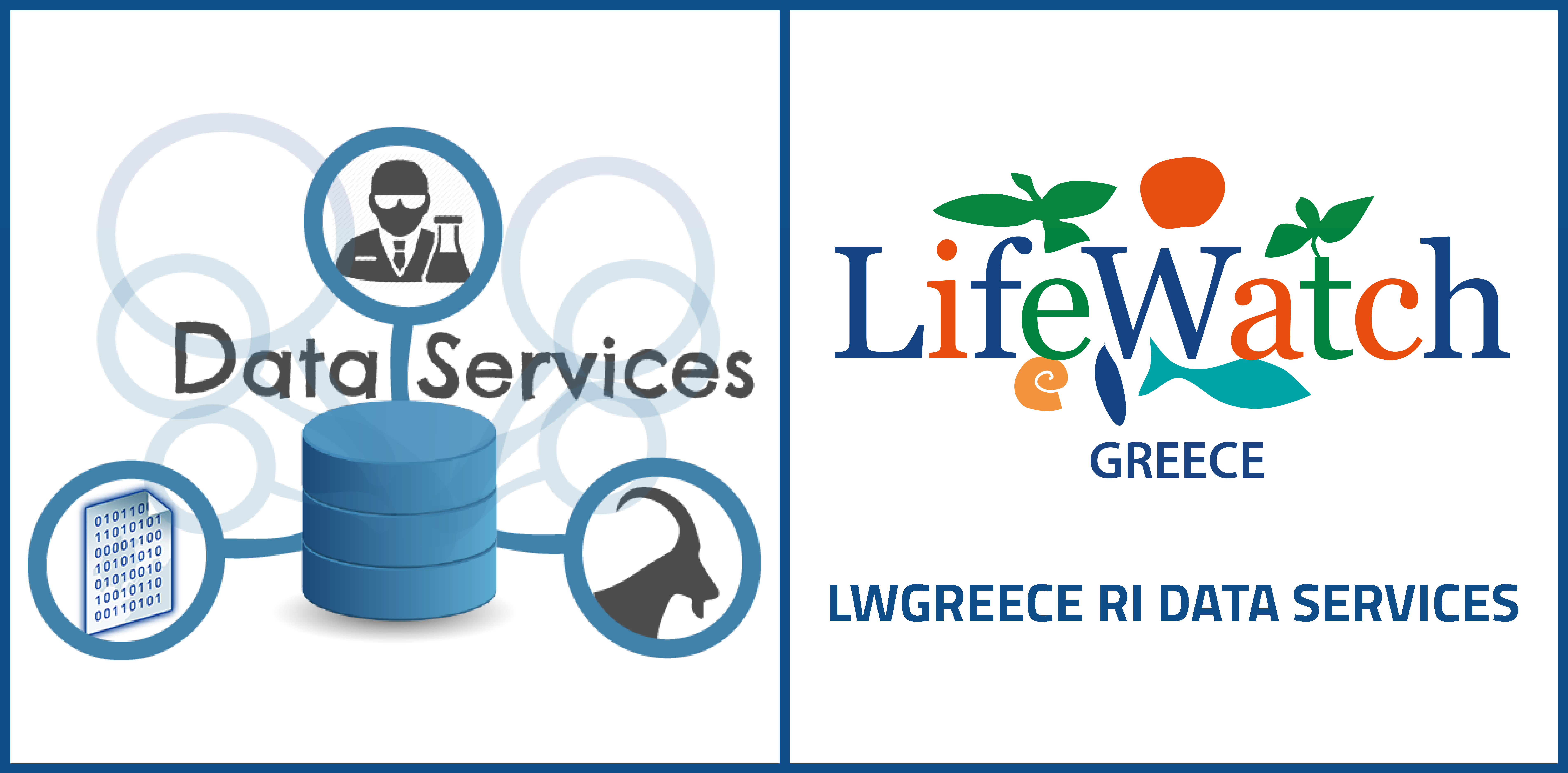
The Hellenic Centre for Marine Research (HCMR) is working on the enhancement of the LifeWatchGreece Research Infrastructure (LWGreece RI) Data Services. The purpose of these activities is to provide end-users with a user-friendly service, enabling them to search and access (meta)data from two sources, Micro-CT vLab and IPT MedOBIS.
The activities are divided into three major categories:
(a) design and implementation of facilities for harvesting data
(b) data modelling and semantic data transformation activities, and
(c) updates and enhancements of the Data Services of the LWGreece RI.
More details of these activities are given below:
A set of supporting services and tools have been designed and implemented, able to harvest resources from two databases: (a) the IPT MedOBIS database and (b) the Micro-CT vLab database. A harvesting mechanism has been implemented that exports information from the above-mentioned sources, which are subsequently transformed and added to LWGreece repositories (see point below).
After harvesting data from the sources described above, they needed to be homogenised before depositing them in the repositories of the LWGreece infrastructure. To this end, a set of mappings was implemented, using X3ML Specification Language,[1] that describes the transition of the harvested resources from their original schemata, to a common target top-level ontology MarineTLO.[2] The result was a set of ontological-based descriptions regarding MarineTLO that were inserted into the LWGreece semantic repositories.
Several endpoints of the Data Services were updated, so that they can properly retrieve information from LWGreece semantic repositories. In addition, we have enhanced the services based on the findings and the updated modelling that emerged from the two new sources that were used (i.e., IPT MedOBIS, micro-CT vLab).
It is worth mentioning that the Data Services (along with all the other available vLabs) is now available through the Metadata Catalogue of LifeWatch ERIC. Allowing this central catalogue to be machine-interoperable is necessary for the population of the catalogue, and implements the FAIR principles and EOSC-interoperability, promoted through ENVRI-FAIR WP9 and WP11.
[1] Marketakis, Y., Minadakis, N., Kondylakis, H., Konsolaki, K., Samaritakis, G., Theodoridou, M., Flouris, G. and Doerr, M., 2017. X3ML mapping framework for information integration in cultural heritage and beyond. International Journal on Digital Libraries, 18(4), pp. 301-319.
[2] Tzitzikas, Y., Allocca, C., Bekiari, C., Marketakis, Y., Fafalios, P., Doerr, M., Minadakis, N., Patkos, T. and Candela, L., 2016. Unifying heterogeneous and distributed information about marine species through the top level ontology MarineTLO. Program, 50(1), pp. 16-40.